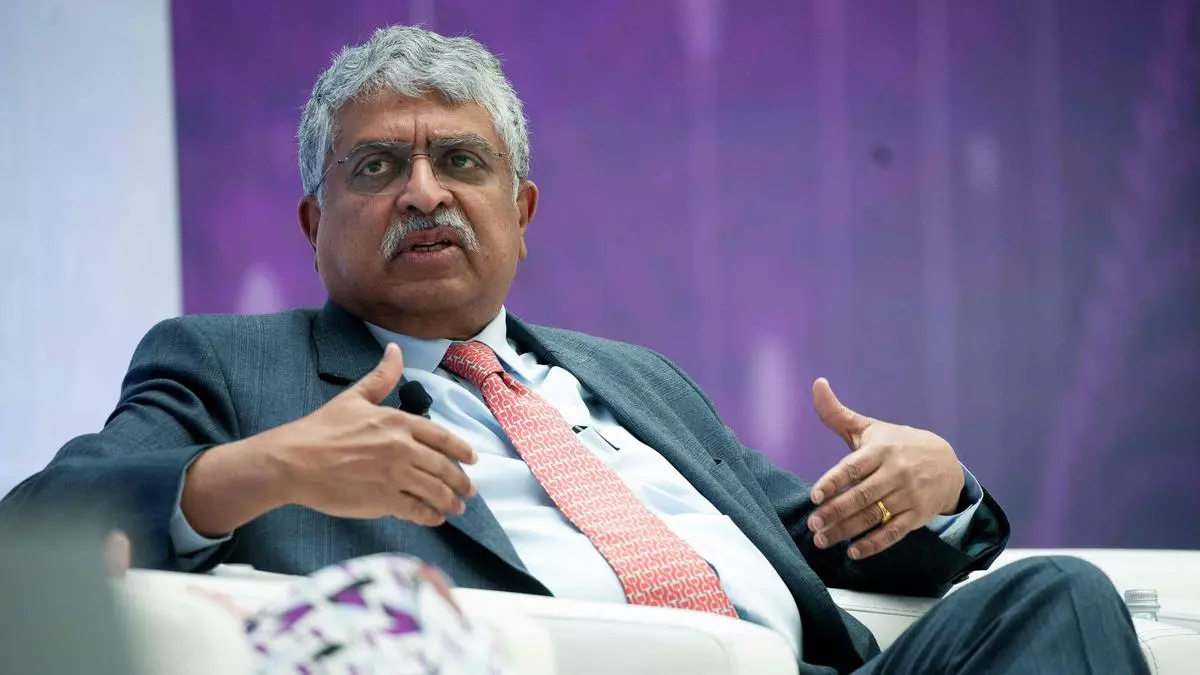India to become postpaid economy from prepaid: Nandan Nilekani
emergence and growth Account Aggregation System (AA) Nandan Nilekani, Non-Executive Chairman of Infosys, said it will help monetize the vast digital footprint of citizens, helping to transform India from a ‘pay-as-you-go’ economy to a ‘pay-as-you-go’ economy.
By comparing prepaid and postpaid mobile phone plans offered by telcos, Nilekani said that now credit will also become postpaid, thus increasing reach and reach.
We will mainly see people tapping into their digital capital to improve their lives. “We will see a transition from a prepaid economy to a postpaid economy,” Nilekani said, adding that in a postpaid economy, credit will be given upfront with the help of better protection barriers and underwriting.
“So we are going from a few people getting credit to the whole country getting credit – buyers and sellers,” he said at the Sahamati Samvaad conference of compilers.
Unleash growth
Nilekani said he expects multiple shifts to occur as the account aggregator system grows, adding, “We don’t know what we’ve unleashed in terms of innovation.” While credit is the number one driver of growth, the AA framework is cross-sectoral and will have many use cases outside of financial services.
“Within the financial sector itself, it is across banking, capital markets, insurance, pensions and so on, with the same structure applied to all of them. But it is also cross-sectoral, as it can be applied to skills, education and health records.
Also read: Withdrawal of Rs 2,000 banknotes will not be troublesome: RBI Governor Shaktikanta Das
The concept of digital capital liberalization or information guarantee will lay the foundation for the formalization of the economy by motivating individuals and companies to monetize the system to improve their lives, as well as remove information asymmetry by creating a level playing field for innovation.
“UPI moment”
The “genius of AA” is that it is an unbiased, independent medium that acts as a fiduciary body to ensure data gets to the right place, without access to the data itself, he said, calling it “an instant lending UPI” that not only creates digital transformation but also leads to Bring about social transformation and comprehensive growth.
At the same event, Chief Economic Adviser V Anantha Nageswaran said that the availability of digital infrastructure and data through the AA system will lead to prolonged financial cycles and increased penetration of financial services. “If India is to achieve sustainable growth rates, more than 6% of GDP annually, we need a financial cycle that does not end in half a decade. It was the curse of India in the past,” he said, adding that India needs a decade of Time at least in a consistent cycle of more than 6 percent of GDP growth to see a real shift at the bottom of the financial pyramid.
However, for that, India will need to put in place regulatory barriers to prevent misuse of data, missale of financial products and unfair practices, he said, adding that “restraint is best police restraint”.
